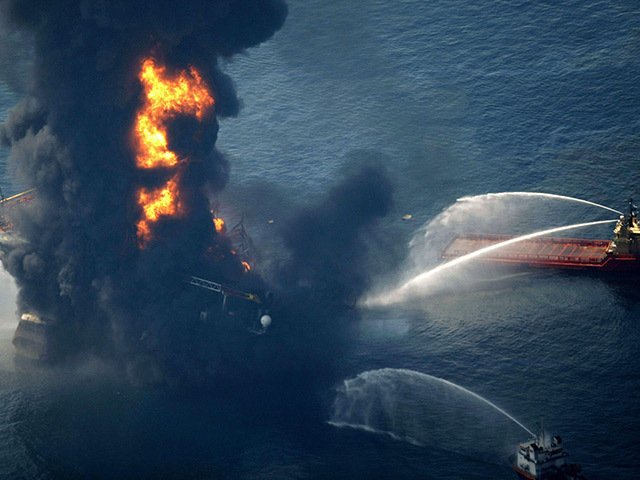
The times they are a-changin’ – so said Bob Dylan and, not surprisingly for a political, social, philosophical and literary commentator, he wasn’t wrong.
Within the global oil and gas industry we too have seen a change in behaviour in recent times.
Employers, regulators and stakeholders have committed significant resources towards critiquing, reflecting, measuring and analysing the response to the tragic events in the Gulf of Mexico in April 2010 in an effort to learn from, improve and prevent the recurrence of past failings.
This has led to the inevitable workgroups, task forces, self-regulation and other worthy actions. But where we have seen the most obvious shift is in the global industry’s approach to understanding and ensuring workforce competence.
Never before has Opito been so challenged by employers to help them set up effective systems which manage and measure competence.
No longer is it acceptable to tick the relevant boxes and assume that the workforce is competent and therefore safe because it has been trained.
It is now imperative that employers across the whole supply chain from drillers and contractors to operators and equipment and service providers can demonstrate and, more crucially, prove the competence and safety of their workforce.
This is what will reduce the risks and potential for human error in our industry.
Our aim is to help employers build an effective competence and safety management system that is flexible in nature so it works for the business, the environment and, most importantly, helps people go to work and come home safely.
Employers in many parts of the world are now seeking advice and guidance on building a system which ensures effective management of competence that is underpinned by robust industry standards.
The purpose of a competence management system is to control, in a logical and integrated manner, the activities that will assure competent performance. Individuals must be clear about the performance expected of them, be assured that they have received appropriate training, development assessment and re-assessment; and that their competence is maintained or enhanced over time.
Our approach has six key factors: demonstrating leadership and commitment, identifying safety critical activities to control major accident hazards, setting procedures and standards, taking action to improve competence and a commitment to continuous improvement.
As leaders in the safety revolution and proponents of change, Opito is helping build a safer and more competent oil and gas workforce, from the North Sea to Oman, Iraq, Malaysia and beyond.
A global approach to training standards, frameworks, qualifications and quality assurance of the training supply network will add value for employers and for individuals in the workplace, wherever they are.
While different regions have their own issues, challenges and sensitivities, it is vitally important for the oil and gas industry to work on a global basis to ensure the highest standards in safety and competency throughout the world.
David Doig is group CEO at Opito
Recommended for you
